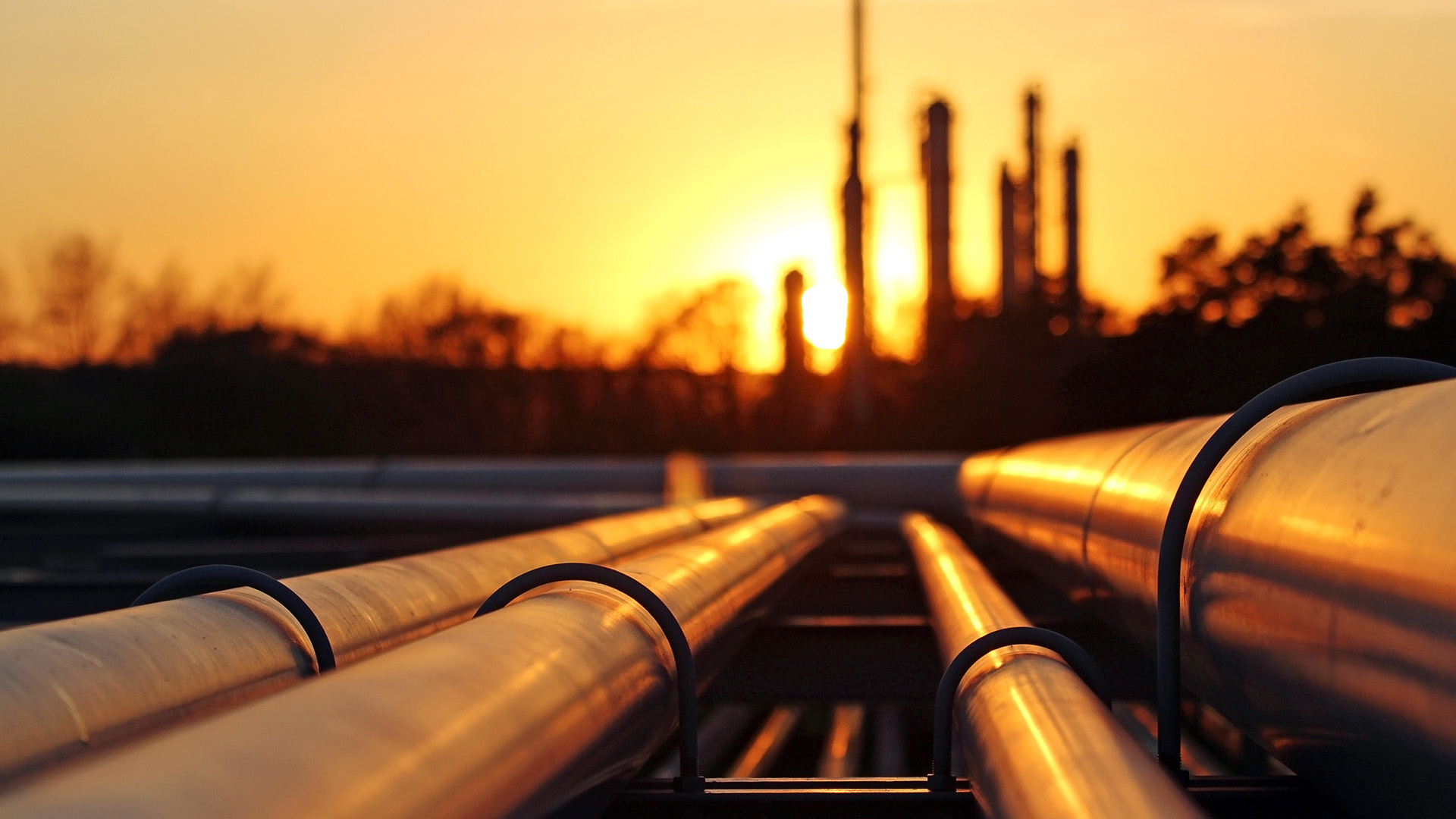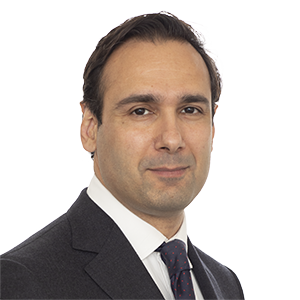|

Chris Wright
Counsel, Singapore

Su Xin Lim
Paralegal, Singapore
|
For now, Malaysia does not have any laws that govern CCS. However, acknowledging the critical importance of CCS in delivering significant emission cuts in fossil fuel-based emissions, the Malaysian government, led by the Ministry of Energy and Natural Resources has partnered with the Global CCS Institute to develop and implement the Malaysian CCS Capacity Development Program. As CCS still a new technology, Malaysia is hoping to gain as much as possible knowledge and capacity building in this area. Currently, the CCS projects in Malaysia will be regulated using the existing national legislation. For instance: the Environmental Quality Act 1974; the Street, Drainage and Building Act 1971; the Petroleum Development Act 1974; the Petroleum Regulations 1974; the Environmental Quality (Control of Solid Waste Transfer Stations and Landfill) Regulations 2009; and the Occupational Safety and Health Act 1994. The Malaysian government has also stated that they will always support any initiative that can reduce carbon emissions to become a carbon-neutral nation as early as 2050. The Budget 2023 (passed on 9 March 2023 at the policy stage) also proposes new tax incentives to encourage green investments for companies undertaking carbon capture and storage to recognize CCS activities as a new source of economic growth and in achieving net-zero greenhouse gas emission.
There are some existing/planned projects in the CCS space in Malaysia. The first ever CCS project in Malaysia is the Kasawari CCS project which is located off the coast of Sarawak, and aims to capture and process O2 from a sour gas field development, which will subsequently be injected into a depleted gas field. A total of 76 million tonnes of CO2 from the Kasawari CCS project will be reinjected into the M1 field via pipeline, which is approximately 138 km away from the platform. Kasawari CCS (Kasawari phase 2) is targeting first injection in the fourth quarter of 2025. Once completed, the Kasawari CCS project will be the largest offshore CCS project in the world by volume of carbon dioxide (CO2) captured, with the ability to capture up to 3.3 million tonnes per annum of CO2. The second CCS Project in Malaysia is another offshore CCS project where the operator will be Thailand’s PTT Exploration and Production Public Co. Ltd. (PTTEP), which will capture CO2 from the Lang Lebah field at offshore in Sarawak, and then transport to the Golok field. This project is expected to start commercial production in 2026 while the final investment decision (FID) is anticipated in 2023. On 5 December 2022, Petronas and JX Nippon Oil & Gas Exploration Corporation (JX Nippon) entered into a Heads of Agreement to jointly build the first CCS project in Malaysia. More recently Petronas and ExxonMobil signed two Project Development Agreements to jointly pursue CCS activation projects in Malaysia. State-owned Petroleum Sarawak Bhd (Petros) has also received their first license for carbon storage to begin its strategic role as resource manager for CCS in Sarawak. The additional gas unlocked by CCS can ensure long-term energy and gas supply security for Sarawak, complementing the energy transition for Sarawak and Malaysia.
Likewise, Malaysia’s state-owned oil and gas company Petronas has signed and forged strategic partnerships through memoranda of understandings related to CCS with Japan’s JOGMEC and JX Nippon Oil and Gas Exploration, Japan Petroleum Exploration Co., Limited, ExxonMobil, POSCO International Corporation and POSCO Engineering & Construction, Mitsui O.S.K. Lines, Ltd., Mitsui & Co., Ltd., DNV, GS Energy Corporation, Lotte Chemical Co., Samsung Engineering Co. LTD, Samsung Heavy Industries, SK Earthon Co. Ltd, SK Energy Co. Ltd, Tenaga Nasional Berhad (TNB), Storegga Limited, Japan's Ministry of Economy Trade & Industry (METI) and Japan Bank for International Corporation (JBIC), Storegga, Vopa and a memorandum of cooperation with Japan Organization for Metals and Energy Security (JOGMEC) to cooperate in energy transition initiatives towards achieving respective energy transition and decarbonization targets. On 12 October 2022, Shell New Ventures Malaysia Sdn. Bhd. (Shell Malaysia) and PETRONAS signed a Cooperation Agreement to jointly explore the development of Carbon Sequestration Hubs in Malaysia, which is an important milestone in maturing carbon capture and storage (CCS) as a commercially scalable decarbonization solution for industries in Malaysia and beyond. Singapore and Malaysia also signed three agreements covering areas that include digital economy and green economy cooperation where they will also exchange information on low-carbon solutions, including on technical and regulatory issues, and explore joint studies and demonstration projects, particularly in hydrogen and CCS.
|

























